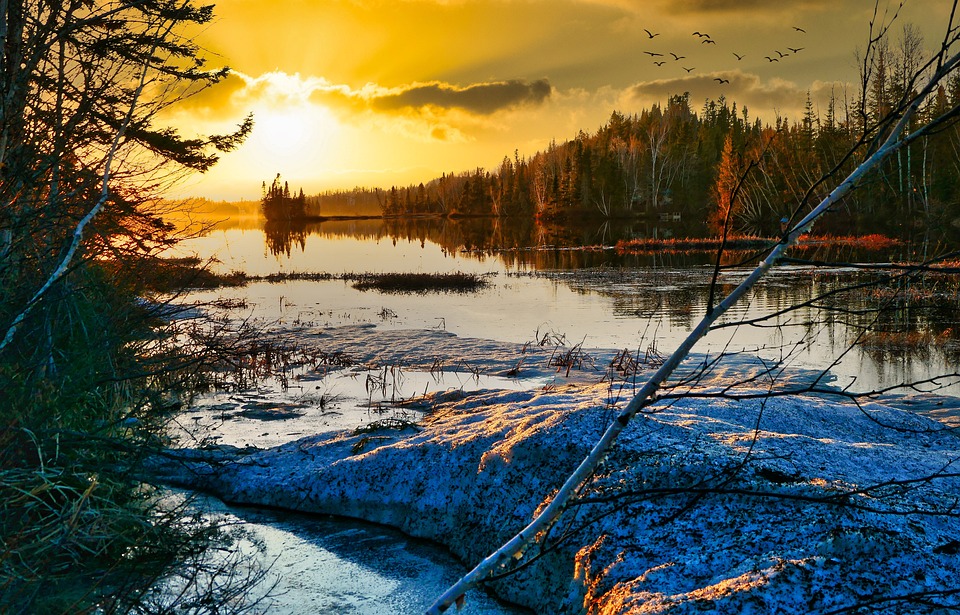Global warming and climate change are often used interchangeably, but they are actually two different things. While they are closely related, they refer to different aspects of the Earth’s changing climate.
Global Warming
Global warming refers to the long-term increase in Earth’s average surface temperature due to human activities, such as burning fossil fuels, deforestation, and industrial processes. These activities release greenhouse gases, such as carbon dioxide and methane, into the atmosphere, which trap heat and cause the planet to warm up.
Climate Change
Climate change, on the other hand, refers to the broader changes in Earth’s climate patterns, including temperature, precipitation, and extreme weather events, that result from global warming. These changes can have a wide range of impacts on ecosystems, wildlife, and human societies.
Relationship Between Global Warming and Climate Change
Global warming is the primary driver of climate change. As the Earth’s temperature rises, it leads to changes in atmospheric circulation, ocean currents, and weather patterns, which in turn affect the climate in various regions around the world. These changes can result in more frequent and severe heatwaves, droughts, floods, hurricanes, and other extreme weather events.
Conclusion
While global warming and climate change are distinct concepts, they are closely interconnected and both pose significant threats to the planet and its inhabitants. It is crucial that we take action to reduce greenhouse gas emissions and mitigate the impacts of climate change to protect the environment and future generations.

Kyle Whyte is a notable scholar and professor at the University of Michigan, holding positions such as the George Willis Pack Professor in the School for Environment and Sustainability and Professor of Philosophy. Specializing in environmental justice, his work critically examines climate policy and Indigenous peoples’ ethics, emphasizing the nexus between cooperative scientific endeavors and Indigenous justice. As an enrolled Citizen Potawatomi Nation member, he brings a vital perspective to his roles as a U.S. Science Envoy and member of the White House Environmental Justice Advisory Council. His influential research is supported by various prestigious organizations including the National Science Foundation, and disseminated through publications in high-impact journals. Kyle actively contributes to global Indigenous research methodologies and education, with affiliations to numerous institutes and societies dedicated to traditional knowledge and sustainability. Recognized for his academic and community engagement, Kyle has earned multiple awards and served in various visiting professorships. His efforts extend to leadership positions on boards and committees focused on environmental justice nationwide.
